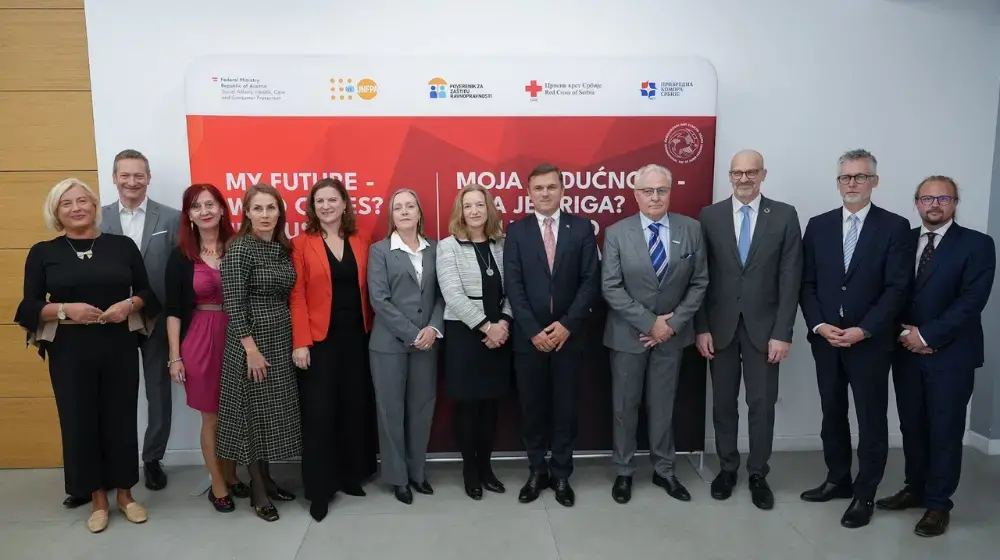17 October 2018 - The global trend towards smaller families is a reflection of people making reproductive choices to have as few or as many children as they want, when they want. When people lack choice, it can have a long-term impact on fertility rates, often making them higher or lower than what most people desire, according to The State of World Population 2018, published today by UNFPA, the United Nations sexual and reproductive health agency.
Family size is closely linked with reproductive rights, which, in turn, are tied to many other rights, including the right to adequate health, education, and jobs. Where people can exercise their rights, they tend to thrive. Where these rights are stifled, people often fail to achieve their full potential, impeding economic and social progress, according to the new report, entitled, “The Power of Choice: Reproductive Rights and the Demographic Transition.”
The report found that no country can claim that all of its citizens enjoy reproductive rights at all times. Most couples cannot have the number of children they want because they either lack economic and social support to achieve their preferred family size, or the means to control their fertility. The unmet need for modern contraception prevents hundreds of millions of couples from choosing the timing and number of their children.
Comparatively high rate of unintended pregnancy are observed in our region partly because of limited access to modern contraception (especially the pill), absence of sexuality education, and limited knowledge about pregnancy prevention; emphasizing at the same time that access to contraception across the region has improved considerably since the early 1990s.
In several countries in Eastern Europe, populations are shrinking, points out the report. The world’s ten fastest shrinking populations are all in Central and Eastern Europe, including Serbia, mainly due to low birth rates, high out-migration and low immigration. On the other hand, countries with higher than average fertility rates in Europe generally don’t have policies aimed at increasing fertility, but gender-sensitive family policies that create conditions and provide support for parents to balance work and family, therefore allowing them to have the desired number of children.
„By prioritizing youth and family friendly policies and universal access to quality reproductive health care, including modern contraceptives; ensuring better education, including age-appropriate and gender-sensitive sexuality education; advocating for a change in men’s attitudes, we can make reproductive choices a reality and make it easier for couples to have as many children as they want. Increasing fertility needs to be accompanied by other measures to create an environment where people are confident to build a future for themselves and their families. “- states Dr. Doina Bologa, UNFPA Country Director for Serbia.
“Choice can change the world,” UNFPA Executive Director Dr. Natalia Kanem writes in the report’s foreword. “It can rapidly improve the well- being of women and girls, transform families, and accelerate global development.”
Full report can be accessed at https://www.unfpa.org/swop





